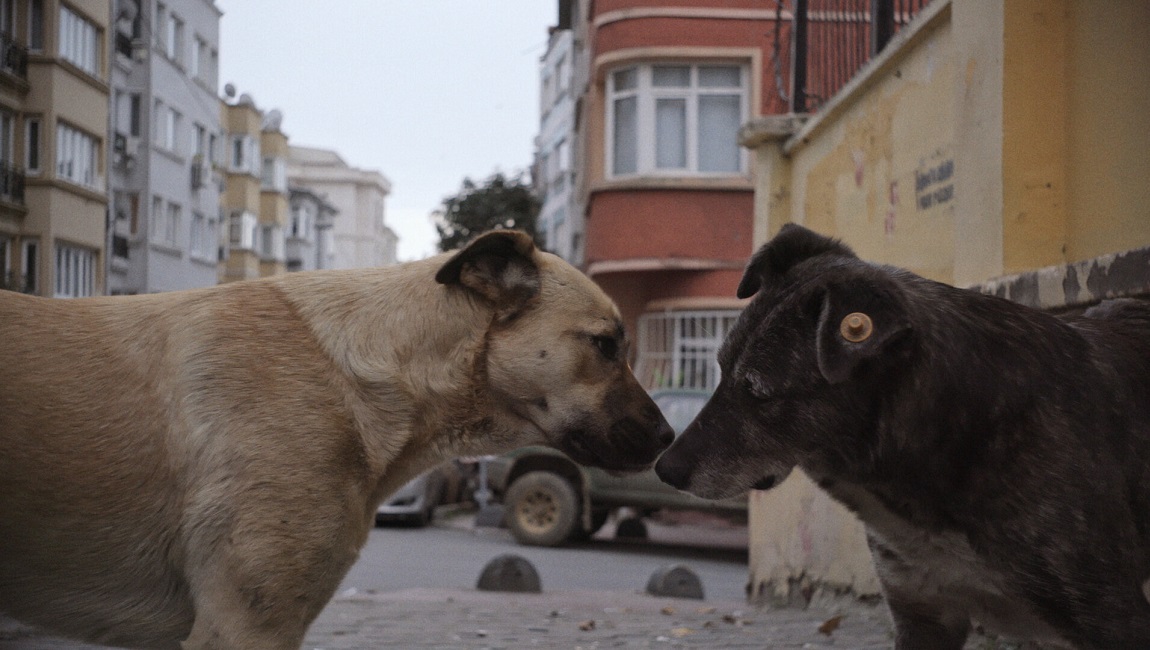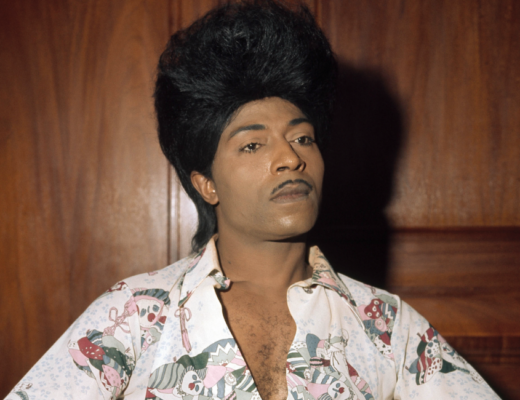M. Night Shyamalan might be on the ropes both in terms of his critical perception and industry clout. His last four films were widely (it could be argued, unfairly) disliked by both critics and audiences, and his name was even conspicuously absent from promotional materials for his most recent movie, Will Smith star-vehicle After Earth. Perhaps the low budget of a cheap found footage movie offered him a measure of control the major studios no longer can, or perhaps it was the only offer floating around. Whatever the reason may be, The Visit is Shyamalan’s most straightforward and likely most crowd-pleasing work in quite some time. It’s a simple hook: two kids, teenage Becca (Olivie DeJonge) and her little brother Tyler (Ed Oxenbould), spend a week with their grandparents, whom they’ve never met. Their mother (a welcome Kathryn Hahn) left her parents’ home as a teenager and has been estranged ever since. Of course very quickly, weird stuff starts to happen — but the set-up is engaging mostly due to Shyamalan’s ever-present skill with young actors. Both kids are totally unselfconscious, even when “on-camera.” Oxenbould in particular has a priceless, precocious kind of borscht-belt comic timing.
offers nothing more than simple horror pleasures: jump scares, creepy-strange people, a dark basement…good old-fashioned don’t-go-in-there stuff.
Because footage movies always need to “justify” the gimmick, Becca is an aspiring documentarian hoping to get a movie out of all this family drama (she begrudgingly enlists Tyler as “B-camera Operator”). All the strange goings on are appropriately captured by her two cameras (and occasionally by the one onboard her laptop). The format might seem an ill-fit for Shyamalan; his visual precision might not appear to lend itself to the all-handheld-all-the-time shakycam aesthetic. But he, along with verteran doc cinematographer Maryse Alberti, uses Becca’s youthful talent and overenthusiasm (and her repeated articulation of “documentary ethics”) to insert more formally classical technique. Most shots are from a camera set on a counter or a tripod, and the kids are amusingly literate visually, enough to know when to make an appropriate pan or a slow zoom. (At one point, during a nicely-framed interview segment, Tyler jokes “Ooh, mise-en-scène!”). Shyamalan’s compositions and timing make all the difference in a movie that essentially offers nothing more than simple horror pleasures: jump scares, creepy-strange people, a dark basement…good old-fashioned don’t-go-in-there stuff. Ultimately The Visit isn’t much more than novel, but its basic, unostentatious craft and knowing sense of humor prove that Shyamalan still has a knack for telling solid stories that try to negate the cynicism his jaded audiences might have about genre films.








No Comments